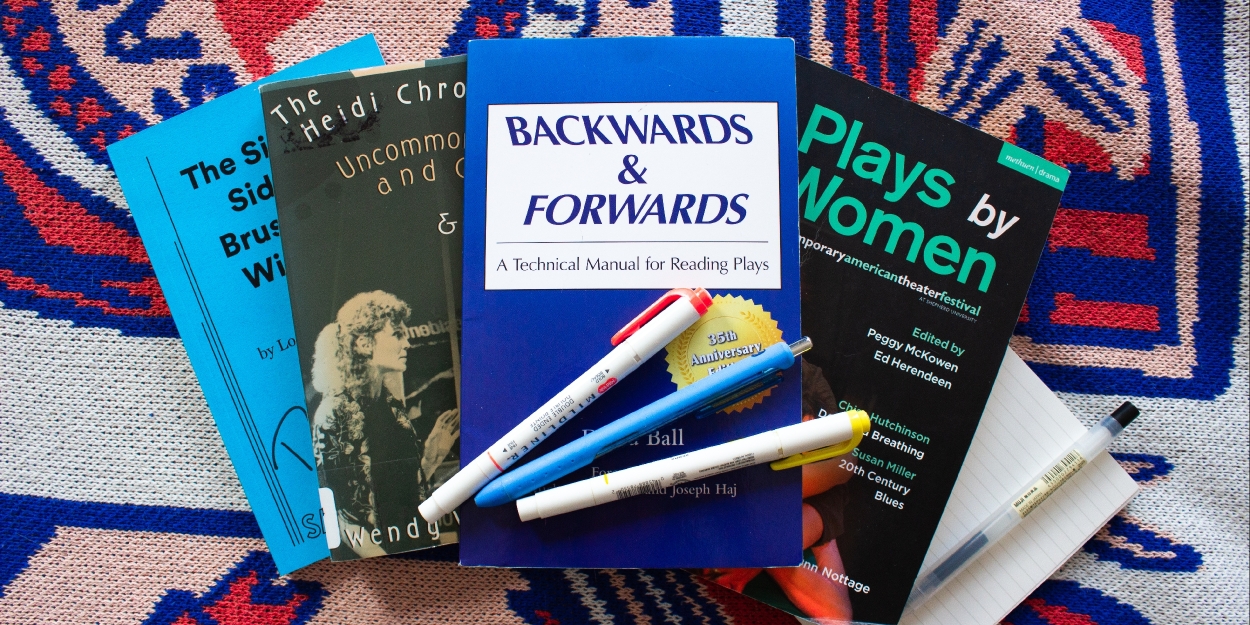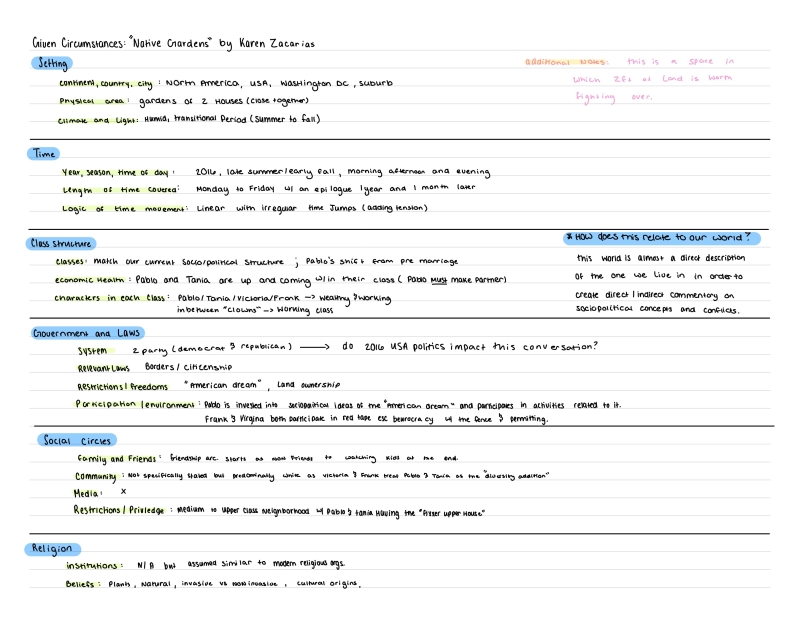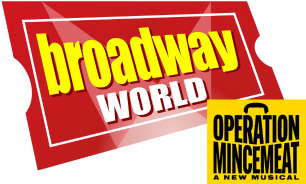Student Blog: Lets Talk Analysis and Research
Why is research important and how can it help you as a theatre student?

Research, you love to hate it, or maybe you are like me and it gives you even more reason to love the work you do. Whether you are an actor, lighting designer, costume designer, or stage manager like myself, research is an integral part of the process. Even in new productions there is always research you can do to build the world you are walking into. Learning how to research and deep dive into scripts has been one of the best and arguably most important lessons I’ve learned thus far in my theatre education.
This past semester I took a script analysis class in which we had to create given circumstances charts for every single play we read, and believe me it is tedious and a lot of work; however, by doing this and going a step further because I just love to research I gained such a nuanced understanding of the conversations we were having. This is essential to truly any department in theatre. When creating these charts we looked at a total of 6 categories: time, setting, class structure, government and laws, social circles, and religion. Within each section we broke them up, asking questions about the media in the text, length of time covered within the story, and even the economic health of the world we are investigating.
So why is this important and how can it help you as a theatre student?
Learning how to research can really help us to explore the worlds we are choosing to enter. Even if a space or a text seems identical to the world we live in today it is still worth taking the time to dive into the environment and the external motivations. Not only does this allow you to put yourself into the space, it also allows you to honor the historical context and preserve the author's intent.
This conversation ultimately leads us to the practice of Dramaturgy, a subject I find to be incredibly fascinating! Chances are you’ve already done some work with it if you have written a play, directed, or even taken a class like the one mentioned above. Don’t let the long word freak you out, it's vital to our preservation of intentional conversations in the arts and our integrity within works. Dramaturgy is on the most basic level an exploration or a deep dive into the world of the play. It is in truth very complex yet at it's core it is research based and begins similarly to the process we are about to explore.
So you are an actor? Why does this matter to you? Shouldn’t this work be on the creative team's plate? Yes and no. As an actor, research into the work gives you a much broader understanding of the universe in which you get to play within. You would not approach a play about a historic event without first doing a quick google search on what that event was, well the same logic applies in all cases! New work, revival, shakespeare, etc you can always look into the characters previous portrayals, (if you and your director chose to) the time and setting you are in, and if its based on real events you can do some internet digging to find out all about the real events! Of course, this is not to say everything you read online is true, we all know about wikipedia but with the internet at our finger tips and our school libraries, it is incredibly accessible to find information. One of my favorite things about being in college is having access to online academic journals through my school. I have been able to find studies and research papers done about shows that are currently major revivals and it has given me such a different perspective as to why some directorial choices were made and how they continue that intent while reaching a new audience. So while costume design, set design, and overall visual aesthetic are on the creative team, as an actor you also have a role in this overall understanding of the piece!
So How do I Start?
The best place to start is to read the script, no notes, no breaks, just a cold read.
Here is where I like to create my chart, like we mentioned above, separating it into six categories: time, setting, class structure, government and laws, social circles, and religion. Now during my second read I fill out the details, you have already met the characters and the plot is no longer a surprise so you have a bit more freedom to read inbetween the lines, making more specific categories if you would like. Once I finish this, I like to create a short list of themes and motifs I picked up while reading.

After this I like to take just a few minutes to look at some of the relevant laws or politics of the time if it is a period piece that is set in a world like ours vs a fantasy land. This does not have to be a dissertation or overwhelming, but rather just a point for you, no matter your role in the production, to heighten your understanding of the content on a more literal level.
From there, especially if it's a play or an author I have never worked with, I like to use websites such as Google Scholar to look into the playwright. This may come to a dead end, but it also may lead to some articles that dissect themes in the playwright's breadth of work. Maybe you see some commonalities in their work or maybe you find nothing, either way it is always worth the time to dig! A personal favorite bit of mine is if you are working with a show that has been produced commercially, often times you can find interviews with the playwrights!
This is all just a start, depending on your role this is where you may spend more time with certain elements. For instance if you are a costume designer you will spend much more time looking at visuals of that time period compared to a stage manager or actor. As a stage manager this process can give you an idea of what you need in the rehearsal space and even can help you get a head start on paperwork! You are not doing this to copy a previous production but it absolutely gives you a perspective on the work and how it has evolved over time or where it is currently at.
Okay… so now what?
Honestly, research is probably one of my favorite things in theatre outside of calling a show. I love learning from people who created the art that I love and that inspires me in my own work. Maybe it is a byproduct of my special interest or maybe a true admiration but if I love a piece I want to put my entire heart into it and I don’t feel I can do that until I honor the change and time the project has gone through previously or the work the playwright has gone through in the new work process. So many new works have gone through change after change as they evolve from readings to Off-Broadway to Broadway. We can see this boldly with Suffs as it changed a great deal from its run at The Public Theatre to its current Broadway run and still honors the time it intends to discuss.
Research is needed and maybe I am biased because I truly adore theatre history, but to know what an intent is and where it came from in terms of the work we surround ourselves in, makes the piece truly come alive for me. I truly believe that in order to move forward in our creative endeavors we must know where we are coming from.

Videos

